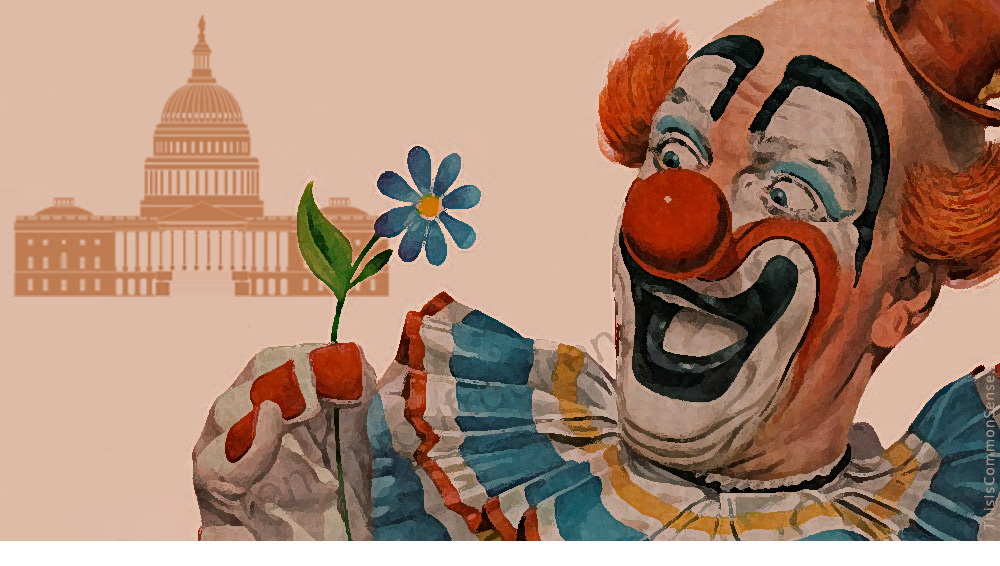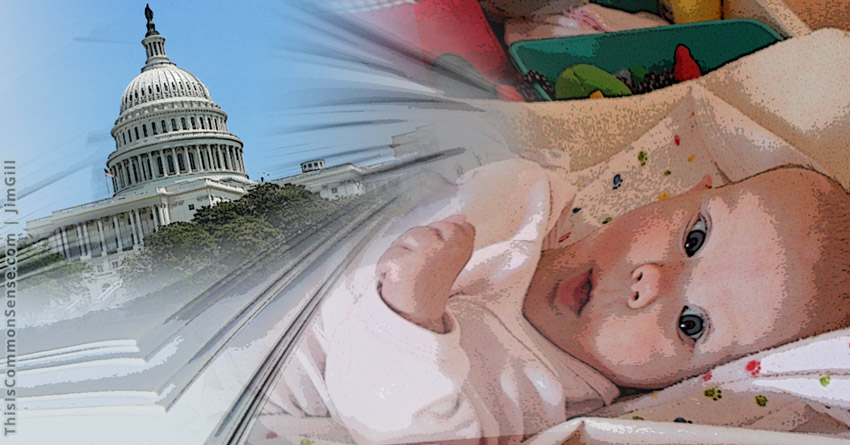“The D.C. Council gave final approval this week to a measure decriminalizing Metro fare evasion,” The Washington Post reports, “paving the way for fare-jumping to become a civil offense punishable by a $50 fine in the District.”
Talk about stopping crime “in its tracks.” Jumping the turnstile won’t be classified a “crime.” Problem solved.
Nassim Moshiree, policy director for the local ACLU, declared it “a significant victory for criminal justice reform here in the District.”
Jack Evans argued, unsuccessfully, that scofflaws will quickly figure out the “civil citation . . . is largely unenforceable.” He added, “We have a big problem with fare evasion at Metro.”
Non-paying riders cost the bus and subway system in the nation’s capital $25 million annually. The worst bus route “has had 560,000 incidents of fare evasion since January, nearly 37 percent of its 1.5 million trips,” informs the Post.
Metro officials complained “that lessening the penalties would only exacerbate the problem and lead to more crime,” but supporters of the change posited that “decriminalization was an important step toward addressing disproportionate policing of African Americans who use the transit system.”
In recent years, according to a Washington Lawyers’ Committee for Civil Rights and Urban Affairs report, “91 percent of Metro Transit Police citations and summons for fare evasion were issued to African Americans.”
“I’m sad that’s Metro’s losing money,” offered Councilmember Robert White Jr., “but I’m more sad about what’s happening to black people.”*
Penalties can be too severe or too severely applied. And enforcement can be racially biased. But stealing transportation services is a crime. Pretending otherwise is not a victory.
This is Common Sense. I’m Paul Jacob.
* Is “that’s” a typo? Did the councilmember say, “that”? All I know is the quotation as I have it here is exactly as it appears online, in both text and headline, and also as it appeared in the dead-tree edition delivered to my home.
» See popular posts from Common Sense with Paul Jacob HERE.







